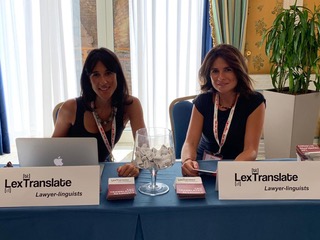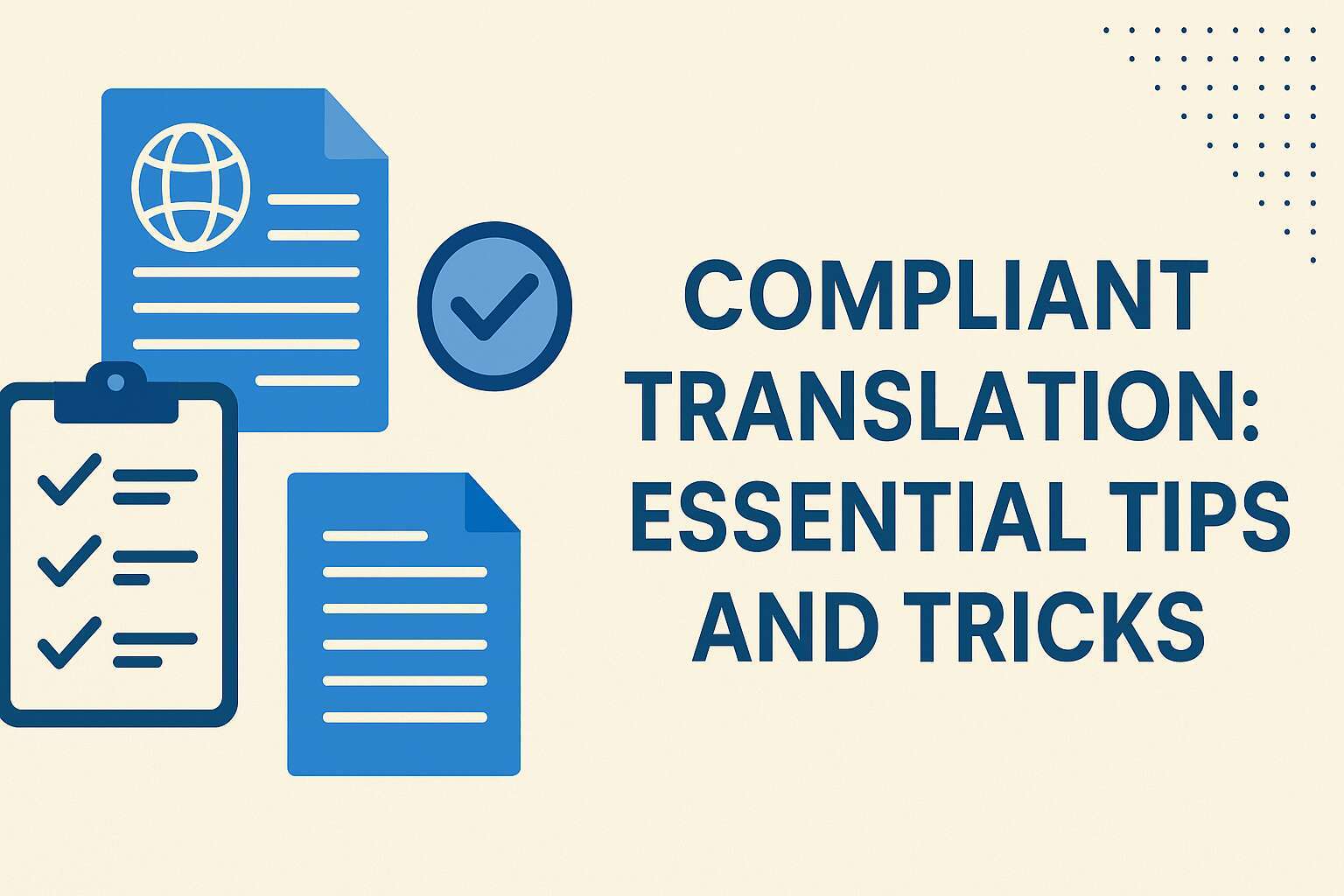Legal translation
An Interview with our partners in Legal Translation, LexTranslate
Here we are to present our successful partnership with LexTranslate, a translation agency specializing in legal and financial translation. Four years ago, we have embarked on a joint development path, combining forces in our respective specializations. Let’s now turn the spotlight to Diana Vaccaro and Simonetta Buccellato, lawyer-linguists and founders of LexTranslate!
Diana & Simonetta: a few words about yourselves
We are two Palermo (Sicily, Italy) natives and friends since high school. We have followed similar paths, driven by a strong passion for foreign languages that led us to pursue educational experiences abroad since high school. These experiences were followed by academic and professional pursuits in the legal field, furthered by postgraduate studies—Diana at the College of Europe in Bruges, Belgium, and Simonetta at Carlos III University in Madrid, Spain. We both practiced law for eight years in Italy, in Milan, and abroad in Brussels, Luxembourg, and Madrid, specializing in areas such as antitrust and IP law for Diana, and corporate and banking law for Simonetta.
How did you become LexTranslate?
Diana was living in Madrid, working at an international firm specializing in IP law, while Simonetta was based in Milan, also working at an international firm, predominantly dealing with corporate and banking law. LexTranslate was born from the desire to realize a project that combined our passion and knowledge of both law and languages.
The initial request for a translation from a colleague, followed by winning a contract with the Court of Justice of the European Union, served as the springboard for this venture. The necessity for the translation work to be carried out by native-speaking legal experts led us to expand our network of lawyer-linguists. Today, LexTranslate, in addition to an in-house team of lawyers, relies on a global network of lawyer-linguists, enabling us to offer our clients legal text translations in any language combination.
What are the specificities of legal translation?
A mistranslated term can alter the entire meaning of a clause. Translating law is not a mechanical / machine translation / AI task but requires a deep understanding of both legal systems involved in the document being translated. Among the various challenges of legal translation, we can mention the existence of untranslatable legal concepts that one must be familiar with in order to identify and comprehend them.
Secondly, legal translation requires experience and a profound understanding of the subject matter of the document to be translated. Every area of law (tax, antitrust, IP, corporate, etc.) has its own specific terminology that is deeply learned only after years of practice.
Hence, in selecting our lawyer-linguists, it’s not only about being a lawyer but also about their specific expertise in the subject matter of the document to be translated. And above all, what matters to us is the end client. Lawyers and corporate legal professionals expect the highest quality work in short timeframes and often for large volumes of work. We understand the specificity of our clients and dare to say that we know their needs.
How do you view the Italian and European markets in this sector?
Despite often being told that the translation sector is threatened by artificial intelligence, we believe that everything revolving around law requires an interpretative and comprehensive work that only the human mind can provide. In an increasingly global world, the need for translation is growing. We are aware that translation software will become more prevalent in our work, but to facilitate the translator, not to replace them.
What is the added value of being lawyers dedicated to translation rather than linguists dedicated to the legal sector?
Law requires a deep understanding of the subject matter of the document to be translated. It’s a sensitivity that only those who have worked in the legal sector can acquire over time. Of course, there are documents that are more or less complex, but we are absolutely convinced that law requires practice and experience.
Do you have any anecdotes from your experience to share?
We would like to publicly thank our first client, Lawyer Paolo Passino, who, without knowing it at the time, was contributing to the realization of a project that would change the lives of two people. It has been intense years since then. We have traveled extensively to promote LexTranslate in Italy and abroad. We recall with particular enthusiasm a week spent in Rome in  September 2019, as part of a conference organized by AIJA, especially the day at Cinecittà dressed as ancient Romans (excellent organization!) and a week in Boston for the INTA: we benefit from such experiences while simultaneously enriching our network of contacts, colleagues, and friends.
What advice would you give to young graduates who want to follow in your footsteps or collaborate with you?
Practice law, if possible in at least two different legal systems. Acquire the style typical of professionals in this field. After practicing law for at least a few years, one can consider entering the field of legal translations. Working as a lawyer-linguist at European institutions is certainly an excellent school to learn this profession.
An article by InnovaLang: professional translation, semantic analysis, AI






